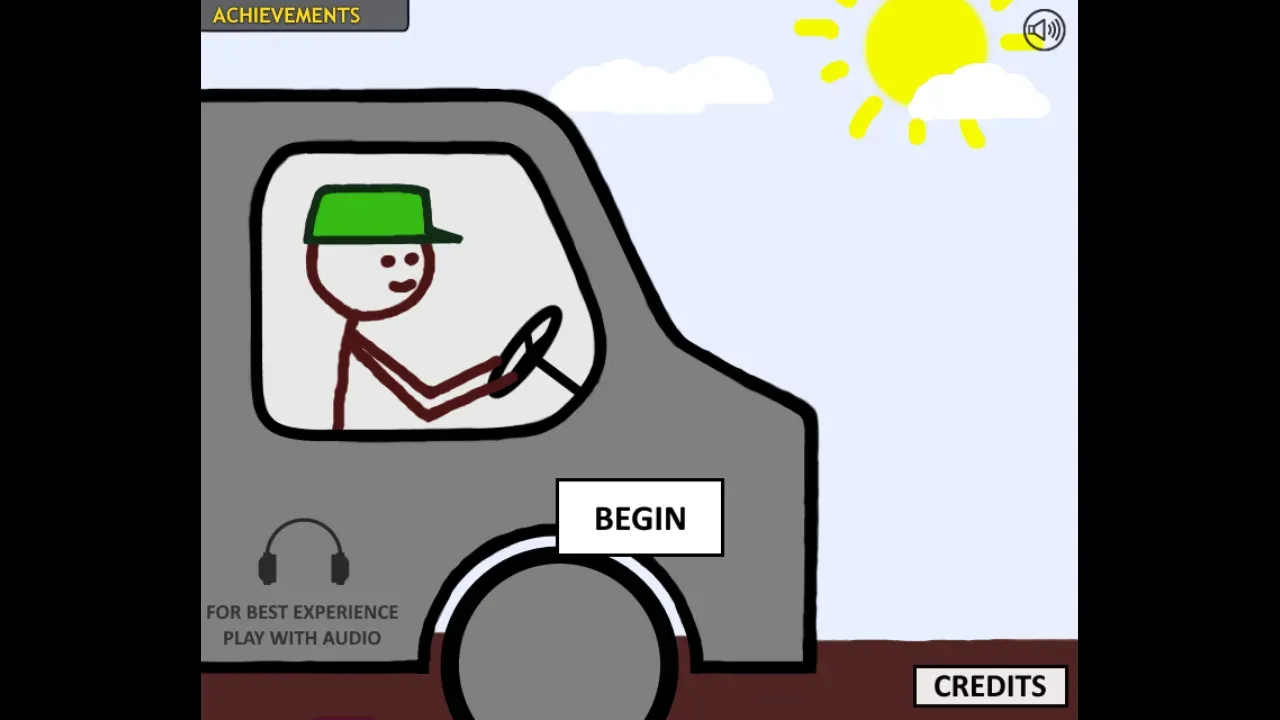Navigating the Tempest: A Guide to Survival in Diner in the Storm
Diner in the Storm isn’t just a game; it’s an intricate dance of consequence and connection. As an unforeseen tempest rages outside, the seemingly safe haven of a roadside diner becomes a crucible for human interaction and desperate survival. This guide will help you understand the delicate mechanics at play, ensuring you’re best equipped to navigate the narrative depths and influence the ultimate fate of those around you.
Understanding the Core Mechanic: Choices & Consequences
The very fabric of Diner in the Storm’s gameplay is woven from your decisions. Unlike many games where choices might lead to minor dialogue variations, here, every selection you make, no matter how small it seems, can fundamentally alter the narrative’s trajectory. Think of each decision as a stone dropped into a pond; the ripples will spread, affecting relationships, revealing new paths, or sealing off others.
There isn’t necessarily a “golden path” to follow. The game thrives on allowing players to explore various outcomes born from diverse choices. Embrace the ambiguity and consider the immediate and potential long-term impacts of your words and actions.
Building Bonds: The Heart of Survival
In a confined space with escalating external (and internal) threats, the bonds you forge with your fellow survivors are your most crucial resource. Diner in the Storm places a heavy emphasis on relationship building. Will you earn their trust through compassionate acts? Can you persuade a skeptical member to join your desperate bid for escape?
Key Strategies for Relationship Building:
- Listen Actively: Pay close attention to what characters say about their fears, hopes, and pasts. This will often provide clues for how to interact with them effectively.
- Empathy is Key: Often, the most impactful choices are those that demonstrate understanding and compassion, even if it’s difficult or goes against your immediate impulse.
- Consistency: Your actions speak louder than words. If you promise something, try to follow through. Inconsistency can erode trust quickly.
- Strategic Persuasion: Persuading others isn’t always about brute force logic. Sometimes, it’s about appealing to their core motivations, fears, or aspirations. Understand what drives each character.
Neglecting relationships can lead to characters becoming uncooperative, hostile, or even departing the narrative entirely, potentially closing off crucial escape avenues or even leading to tragic outcomes.

Navigating Tense Scenarios
The storm outside is just a backdrop for the simmering tensions within the diner. You will constantly face “tense and unfolding scenarios” that demand quick thinking and critical choices. These are not always clear-cut good vs. evil situations; often, they are moral dilemmas or tactical puzzles requiring careful consideration.
Approach these scenarios by:
- Assessing the Threat: What is the immediate danger? Is it physical, psychological, or relational?
- Weighing Outcomes: What are the best-case and worst-case scenarios for each option?
- Considering Character Traits: How might your choice affect individual characters, given what you know about them? Some might react well to assertiveness, while others need gentle handling.
- Prioritizing: Do you prioritize individual safety, group cohesion, or obtaining specific resources? Your answer often defines your character’s approach.
Your ability to navigate these high-stakes moments will directly impact the game’s branching paths.
Pathways to Distinct Endings
Diner in the Storm prides itself on its “multitude of distinct branching paths and multiple endings.” This isn’t a game you play once and shelf. Each new playthrough, with different choices, will unveil new narrative threads, reveal more about the characters, and ultimately lead to a unique conclusion. Don’t be afraid to experiment with different approaches on subsequent runs. Did you try to be completely selfless last time? What happens if you prioritize your own survival? The game rewards exploration.

General Survival Tips
- Read Carefully and Don’t Rush: The dialogue and descriptions are key to understanding character motivations and critical junctures. Take a moment before committing to a choice.
- Observe and Adapt: Watch how characters react to your choices. Their non-verbal cues or subsequent dialogue can tell you a lot about the impact you’re having.
- Embrace Consequences: This game is about cause and effect. Don’t be disheartened if things don’t go as planned on your first run. The beauty is in seeing how far things can diverge.
- Experiment on Replays: Once you’ve completed a playthrough, consider starting anew with a completely different mindset or set of priorities to unlock new story segments and endings.
The stormy night and the cramped diner are merely the backdrop for a deeply personal and impactful journey. Your choices wield true power, shaping not only your own destiny but also the very lives of those trapped with you. Good luck, and may your decisions lead to a compelling story, whatever the outcome.